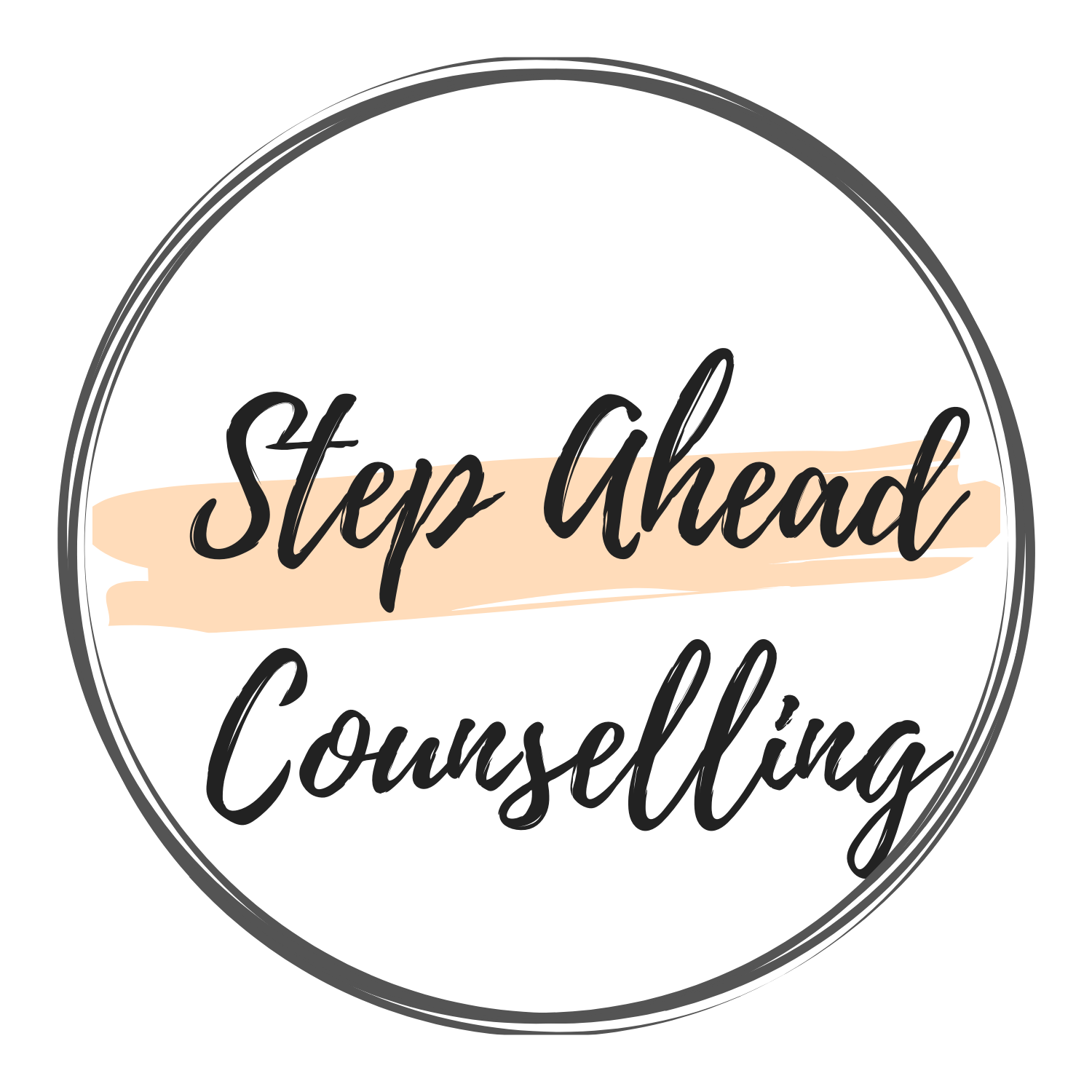Self- esteem - too high, too low, or just right?
Good question Goldilocks! Our self-esteem is shaped by our thoughts, relationships and experiences. This blog will help you understand the ranges of self-esteem and the benefits of having a healthy and realistic opinion of yourself.
What is self-esteem and why is it important?
Self-esteem is an internal assessment, and the manner in which we evaluate ourselves. Our own self-esteem is based on the beliefs, thoughts and feeling we have about ourselves. For example we might consider ourselves attractive as we have a lot of admirers, or successful due to the car we drive, or popular as we have many friends.
Self-esteem can impact our decision-making process, relationships, emotional health, and our overall well-being. Self-esteem can also serve as a motivational function by making it more or less likely that people will take care of themselves and explore their full potential.
Self-esteem: how do we find a healthy balance?
If our relationships are strong and we generally receive positive feedback from those around us, we are more likely to see ourselves as worthy and have healthier self-esteem. On the other hand, if our experiences were that of often being criticized, teased or devalued by others, we are more likely to struggle with poor self-esteem.
The perils of too little self-esteem are that it can lead us to making poor life choices and settling for less than we deserve. Those with low self-esteem may have issues with relationships and expressing their needs, and they may also experience low levels of confidence and feel unlovable and unworthy.
Those with self-esteem that is too high (especially when misplaced) can often be over-confident in their assessment of their abilities and skills, and have a sense of entitlement, even without the abilities to back up their belief in themselves. They may struggle with relationship issues and block themselves from self-improvement because they are fixated on seeing themselves as a perfect vision.
A healthy dose of self-esteem is when we have a balanced and accurate view of ourselves. For instance, we make an insightful evaluation based on both our abilities, but also our flaws. When self-esteem is healthy and grounded in reality, it's hard to have too much of it.
Did you know…
That many beliefs that we currently hold reflect messages we’ve received from people over time, and from a young age? For example if your art teacher in school told you that you weren’t good at painting, you may think that you are a terrible artist. The reality is, that is one person’s view, and based on one piece of art. It does not define you or your artistic abilities.
But past experiences and relationships don't have to be your future. As self-esteem is an internal assessment, these thoughts are within our control, and therefore we can reframe them to focus on our positives instead of our weaknesses or flaws.
It can be hard to unpack long-term beliefs about ourselves, especially when we have been programmed to believe they are true. Working with a counsellor can help you become more aware of the distorted thoughts that are affecting your self-esteem, and help you challenge and shift these thoughts, and replace them with more helpful and positive thoughts.
For help and support in this area please visit https://stepaheadcounselling.com.au/
Maria Souza, Step Ahead Counselling
